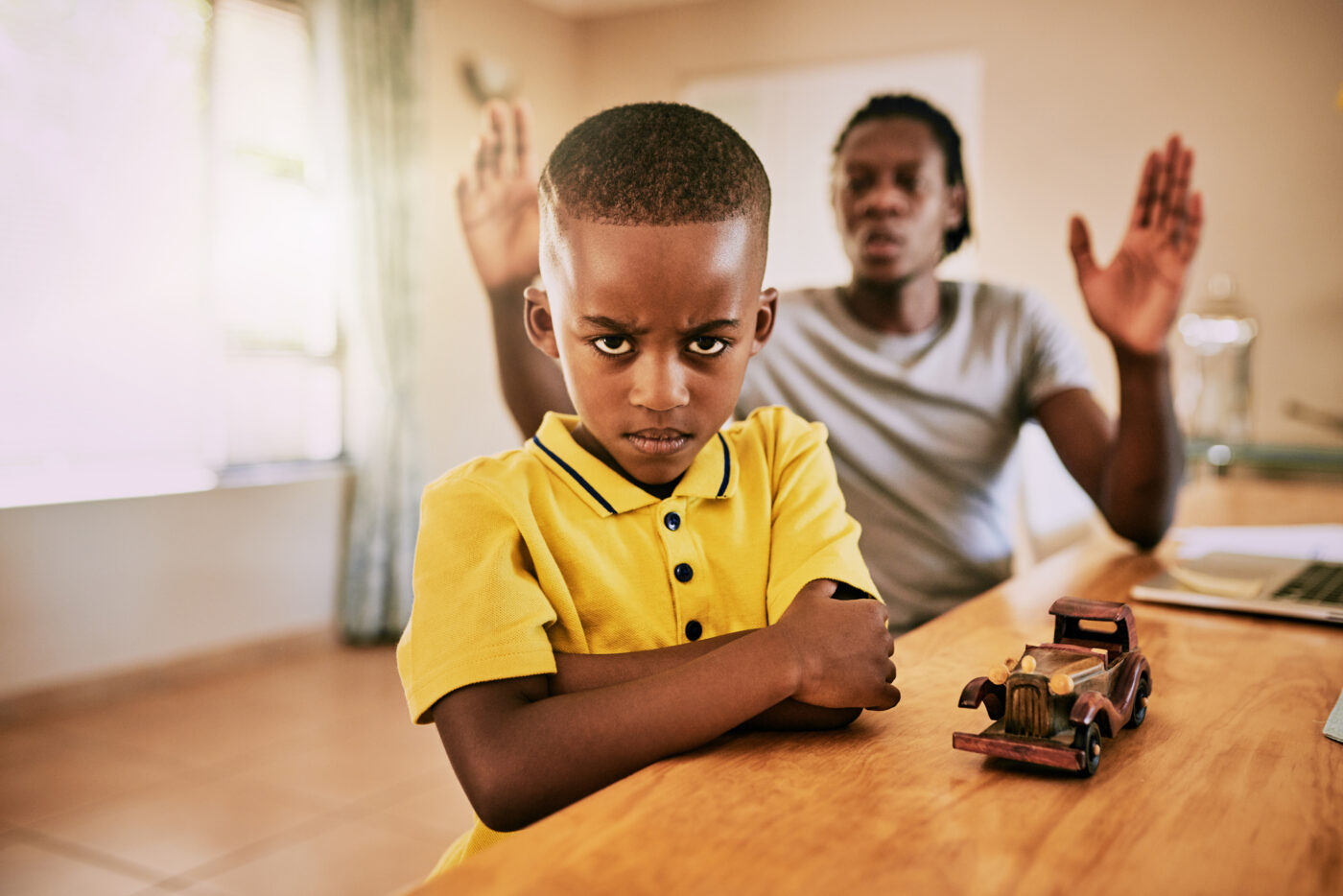I remember it like it was yesterday, but 21 years ago, my wife finally trusted me to watch my 2-year-old son, by myself, home alone. What could possibly have gone wrong? He loved his dad, he thought I was Superman, and he was a pretty good kid, even for his age. Then why he did betray me by redecorating our entire staircase wall with brightly colored crayons? My wife was going to kill me.
I had to decide how to respond: Should I punish him or exercise patience? I believe patience is an important characteristic of any relationship. It’s especially important to learn how to be more patient with kids. Without patience, parenting can become frustrating, exhausting, disappointing, confusing, and even heartbreaking. What is a dad to do when he seems to have more children than patience? He can try these 4 tricks.
1. Lower your expectations.
What gets most men in trouble when they become parents is a desire to be the perfect parent. This is also the quickest road to dad fatigue. By the time my first child reached the age of six, I thought I had blown it as a father. I was trying my best, but it didn’t seem to be good enough. I continually lost my temper and emotionally beat myself up, trying to turn him into a man while he was still in elementary school.
That’s when God had to remind me that He never called me to be the perfect parent. He called me to be a faithful one. All of my mistakes, missteps, and personality flaws made up all the “perfection” my son needed to see in me so he could observe how I responded to all of them as a man. If you want to learn how to be more patient with kids, start by changing your expectations.
2. Don’t sweat the small stuff.
One of my mentors once told me to remember two rules for being a father. Rule 1: Don’t sweat the small stuff. Rule 2: It’s all small stuff. As a dad, I found myself always making a mountain out of a speed bump, especially with my children’s disobedience. From not making up their beds to missing a curfew, I treated all offenses the same. I learned how to practice patience by following my mentor’s advice. I’d ask myself, “Will this matter 20 years from now?” If not, chill out and respond accordingly. I learned to save my most serious discipline for my children for the “big stuff” and to stop stressing over the “small stuff.”
3. Take it step by step.
If you’re ever going to exercise more patience with your children, you’re going to have do it one step at a time. The race to be a patient parent isn’t a sprint; it’s a marathon. This was a big challenge for me. I constantly found myself fathering for the future instead of parenting in the present. I had this constant voice playing in my head, telling me:
“Don’t let what happened to you growing up happen to your children.”
“If you don’t do something about that, your kids are going to be damaged for life.”
“You better fix that problem in your child, or you’re going to be blamed for it later.”
I had to adopt a mantra that helped me significantly to decrease my anxiety and increase my patience as a father. Whenever I found myself getting frustrated with my children, I’d say to myself, “I can handle anything as a parent if I just take it beat by beat, breath by breath, moment by moment, step by step.”
Repeating this mantra allowed me to focus as a father by asking myself two questions: What’s the next right step I can take right now? What would be the most loving step I can take right now?
4. Count to 10 before you speak again.
Being a patient parent means learning how to respond and not to react to our children in any given situation. And one of the simplest strategies for doing that is to count to 10 silently before saying anything to your child. This gives you just enough time to think about what you’re to do or say next. During the silence, simply ask yourself this question before you respond: Is what I’m about to do or say going to help my kid or hurt my kid emotionally?
These four strategies may not give you all the patience you want to have as a dad, but they’ll at least give you the patience you need at the moment. Now start counting.
Sound off: Do you know how to be more patient with kids? What is the hardest part about being patient?












Huddle up with your kids and ask, “What takes the most patience for you?”